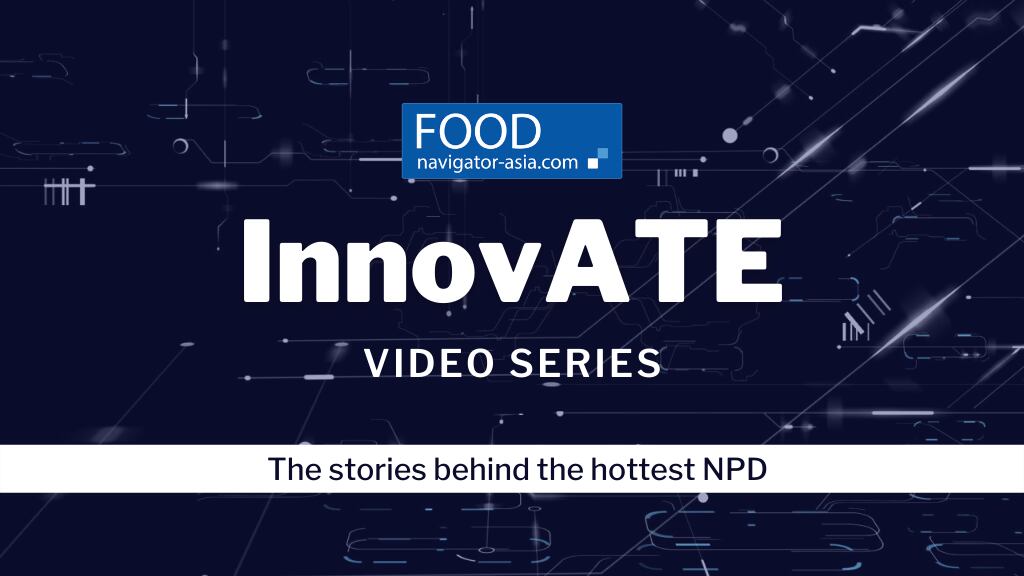Claims caution: Middle East manufacturers warned over off-pack claims as more governments take note
Food and beverage manufacturers in the Middle East have been urged to stop toeing the line in terms of making any off-pack claims for their products, given increasing awareness and warnings raised by governments in the region.
Off-back claims refer to all sorts of nutritional or health claims made about a product that are not found on the packaging itself, but communicated to consumers via television advertisements, radio channels, social media, YouTube channels, billboards and so on.
These off-pack claims are far less regulated as compared to claims made on the actual product packaging, but according to local experts awareness of this issue amongst governments in the region is rising, and any firms still practicing this would do well to put a halt to such activities.
“Governments here in the Middle East are just now starting to be very aware of these off-pack claims and potential violations of local legislations, and more and more they are starting to raise their concerns to companies [though currently more as warnings as opposed to legal actions],” Tate & Lyle Regulatory Affairs & Nutrition Science Manager Dalia Zayan told the audience at the recent Middle East Sugar and Calorie Reduction Programme held by the UAE Food & Beverage Manufacturers Group and the UAE Ministry of Industry and Advanced Technology.
Next-gen green progress: PepsiCo seeking novel F&B sustainability tech via Middle East accelerator
Global F&B giant PepsiCo is on the hunt for novel sustainability technology in the food and beverage sector to complement its business within the Middle Eastern region, with plans to look at other markets including Asia Pacific in the future as well.
PepsiCo launched its PepsiCo Greenhouse Accelerator programme for the Middle East and North Africa (MENA) region in November last year, its first edition specially focused on the region. Earlier this, year, the firm announced 10 local finallists had been shortlisted and awarded a US$20,000 grant as well as guided mentorships, and are now going through the six-month accelerator programme in hopes of winning a US$100,000 grant from PepsiCo at the completion of this.
“At PepsiCo, our sustainability approach is integrated into, not separate from, our business. We’ve thought very hard about how to ensure that our approach [has] a meaningful, tangible impact on building a more sustainable food system [and] realised that innovation is crucial to our efforts,” PepsiCo CEO Africa, Middle East and South Asia Eugene Willemsen told FoodNavigator-Asia.
Beauty and bones: Singapore marine collagen drink firm Dahmeh re-brands and innovates to fuel expansion
A two-pronged strategy of re-branding and product innovation will boost Singapore fish scale collagen firm Dahmeh’s expansion across APAC and into EMEA.
The firm’s jelly beverage highlights how marine collagen can aid the maintenance of skin elasticity, nourishes joints and ligaments, reduce signs of ageing and strengthen the body.
For the re-branding process, its founder Ng Lew King, an optometrist for 20 years, has introduced a new line with zero fat and sugar named Willow Green after undergoing more than six months of R&D. The line targets individuals 30 and above.
‘Food oasis in the desert’: Locally grown dates fuel production of mushroom protein in Oman
Alt protein supplier MycoTechnology has teamed up with Oman Investment Authority to produce mushroom protein in the desert.
Oman, located in the south-eastern quarter of the Arabian Peninsula, is made up of 82% desert. While the country is largely self-sufficient in vegetable production, food imports are on the rise.
Aside from seasonal fruits and grains, most of the food imported falls into the protein category: dairy products, poultry and meat. Indeed, it is estimated that close to 60% of all poultry consumed in Oman is imported.
Cargill expands RadiPure pea protein into the META & India markets
As more consumers add plant-based foods to their diets, Cargill is expanding its RadiPure pea protein into the Middle East, Turkey, Africa (META) and India, which it said will help food and beverage manufacturers in the region respond to evolving marketplace trends.
"No individual protein source can solely feed the world. While consumers are looking for alternatives to increase their protein intake, they do not want to compromise on taste and texture. Our RadiPure pea protein helps us meet this growing demand in the market," said Banu Oksun, Cargill Foods META enrichment category leader.





